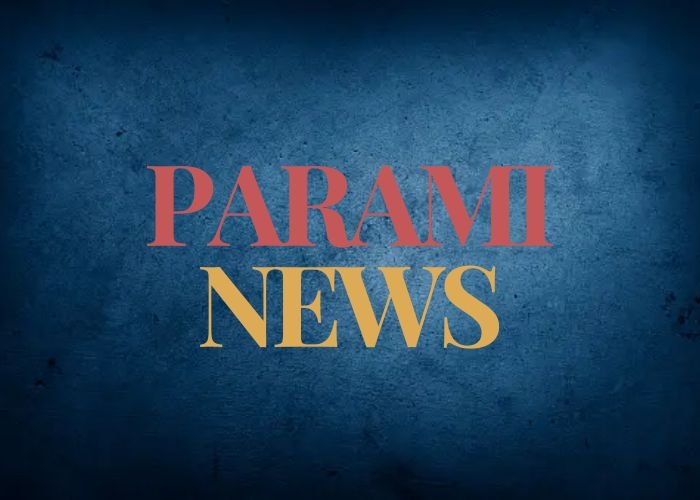The Intriguing Art of Watching Politics: Understanding, Engaging, and Decoding the Political Theater

In the realm of human affairs, few spectacles are as captivating, contentious, and consequential as politics. From the ancient agora of Athens to the bustling halls of modern-day legislatures, the theater of politics has enthralled, enraged, and inspired generations. Yet, beyond the partisan squabbles and electoral maneuvers lies a deeper dimension—one that beckons the curious observer to delve into the intricacies of power dynamics, policy debates, and the relentless pursuit of the common good. Welcome to the art of watching politics.
The Spectacle of Politics
At its core, politics is a multifaceted drama, unfolding on the global stage with actors ranging from statesmen to activists, lobbyists to journalists. It's a theater where ideologies clash, ambitions collide, and the stakes are nothing short of the collective destiny of nations. But for the astute spectator, watching politics transcends mere entertainment; it's an exercise in understanding the human condition, the complexities of governance, and the eternal struggle for justice and equality.
The Power of Observation
To watch politics is to cultivate the art of observation—an ability to discern patterns, decipher rhetoric, and perceive the underlying motives behind political actions. It's about reading between the lines of speeches, scrutinizing the body language of leaders, and uncovering the hidden agendas that shape public policy. In a world inundated with information and misinformation, the skill of critical observation is more valuable than ever, allowing individuals to navigate the labyrinth of political discourse with clarity and discernment.
Engaging with Complexity
While the allure of politics may lie in its drama and spectacle, its true essence resides in its complexity. From economic policy to social justice, foreign relations to environmental stewardship, the issues that confront policymakers are as diverse as they are daunting. Watching politics entails grappling with this complexity, confronting the nuances of competing interests, and acknowledging the trade-offs inherent in every decision. It's a journey that requires intellectual humility, empathy, and a willingness to engage with perspectives that may challenge our own preconceptions.
The Role of Media
In an age dominated by 24-hour news cycles and social media echo chambers, the media plays a pivotal role in shaping public perceptions of politics. From sensationalized headlines to partisan punditry, the media landscape is often fraught with bias and distortion. As discerning spectators, it's imperative to critically evaluate the information we consume, seek out diverse sources, and resist the temptation to succumb to confirmation bias. By holding the media accountable and demanding integrity and accuracy in reporting, we empower ourselves to engage with politics more meaningfully and responsibly.
The Importance of Civic Engagement
Watching politics is not a passive endeavor; it's an invitation to participate actively in the democratic process. Whether through voting, advocacy, or community organizing, every citizen has a role to play in shaping the future of their society. By staying informed, voicing our concerns, and holding elected officials accountable, we contribute to the vibrancy of democracy and ensure that the voices of the marginalized and disenfranchised are heard. As the adage goes, "Eternal vigilance is the price of liberty"—and watching politics is a crucial aspect of that vigilance.
Cultivating Empathy and Compassion
Beyond the realm of policy and power dynamics, watching politics also entails cultivating empathy and compassion for those affected by political decisions. Behind every statistic and soundbite are real people with hopes, dreams, and struggles of their own. Whether it's the undocumented immigrant facing deportation, the single parent struggling to make ends meet, or the refugee fleeing violence and persecution, politics has profound implications for the lives of individuals and communities around the world. By centering the human dimension of politics and standing in solidarity with the most vulnerable among us, we honor our shared humanity and strive towards a more just and equitable society.
Conclusion: A Call to Watch, Learn, and Act
In the grand theater of politics, every citizen is both spectator and participant—an observer of the unfolding drama and an agent of change. By watching politics with curiosity, discernment, and empathy, we not only deepen our understanding of the world around us but also fulfill our civic duty to engage in the democratic process. So let us watch, let us learn, and above all, let us act—together, we have the power to shape a future that reflects our highest ideals and aspirations.
Watching politics is not merely a pastime or a hobby; it's a responsibility—a sacred duty entrusted to us by virtue of our citizenship. In the words of the ancient Roman statesman Cicero, "Freedom is participation in power." So let us embrace this freedom, let us wield our power wisely, and let us strive to build a world where justice, equality, and dignity are not just lofty ideals but lived realities for all.
- Industry
- Art
- Causes
- Crafts
- Dance
- Drinks
- Film
- Fitness
- Food
- Spiele
- Gardening
- Health
- Home
- Literature
- Music
- Networking
- Other
- Party
- Religion
- Shopping
- Sports
- Theater
- Wellness
- News


